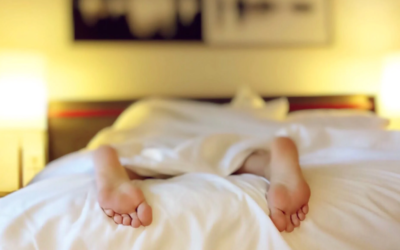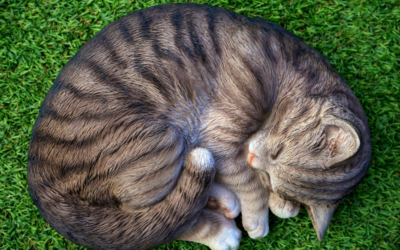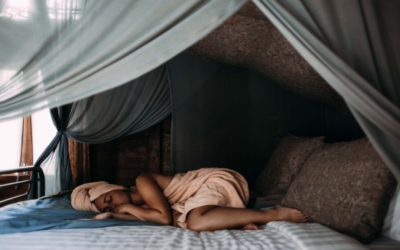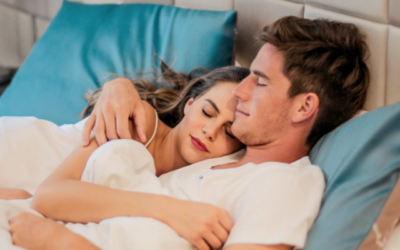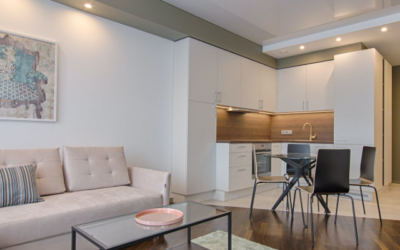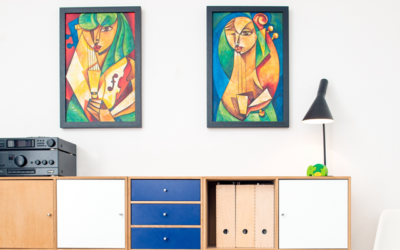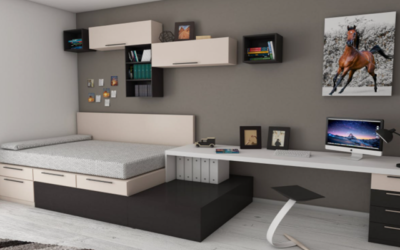The Art of Sleep
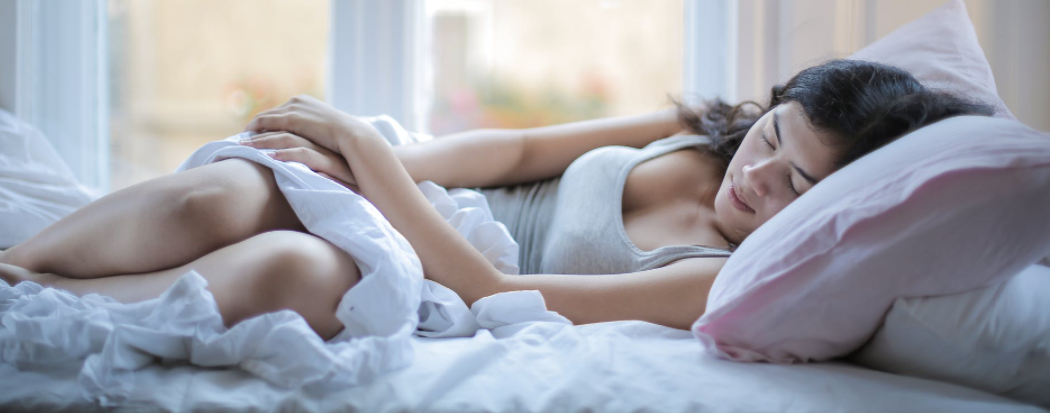
10 Tips to Help You Sleep Better
You go to bed hoping to get 8 hours of good sleep, but your mind seems to be fully awake. The chances are you’re thinking about a big presentation the following day and don’t want to mess it up.
Or maybe, you’re thinking about the bills that seem to be compounding every day. Either way, you can’t shut your eyes as your mind keeps wandering away. You look at the time and it is almost morning – yet you still can’t achieve perfect sleep. You end up starting the day feeling like a wreck of nerves.
Sound familiar?
Well, with different responsibilities and daily challenges, it is common for adults to experience difficulty sleeping. However, sleep difficulty can also be a sign of anxiety and depression. This has been reported to heighten significantly due to the global pandemic.
According to Philips Global Survey, 70% of adults who took the survey reported experiencing new sleep challenges since the beginning of the pandemic. 60% of these adults confirmed that the pandemic was in fact, a direct cause.
So how can you beat anxiety and improve your sleep? Let’s take a look at 10 research proven tips to help you sleep better tonight.
1. Maintain a Pure Sleeping Pattern
It is common for people to have a habit of sleeping at different times every night. However, having an irregular sleep pattern can interfere with your sleep. This is because of what is called the Circadian Rhythm.
Circadian rhythms are physical, behavioral, and mental changes that happen every 24 hours. It lets your body know when to sleep and wake up. Think of this as a big body clock. These rhythms can be influenced by environmental factors like light, darkness as well as other factors. Sleeping at the same time every night will help your body predict when to induce good sleep.
2. Change Your Eating Habits
Your body takes about 2-4 hours to begin digesting your food. Eating right before going to bed (For example, eating a heavy meal an hour before bed) can affect your pristine sleep.
If you lie down right after eating, you might feel nauseous and uncomfortable, which can interfere with your sleep. It is best to eat early enough to allow your body to digest your food before going to bed.
3. Turn All the Lights Off
Environmental factors like light and dark affect the circadian rhythm. Turning the lights off tells your body it is nighttime, and might help you fall asleep faster. Use a warm side lamp instead of bright lights a couple of hours before bed.
4. Get the Right Room Temperature
When your bedroom is too hot or too cold, it can affect your sleep. According to the Sleep Foundation, the best temperature to sleep in falls between 60° to 67° Fahrenheit
But ultimately, this can vary from person to person. You can experiment with different temperatures and see which works best for you.
5. Take a hot bath
Research shows that taking a hot bath before can relax your body temperature, help you relax, and cause you to fall asleep. The fall in body temperature after the bath helps you feel sleepy.
Out Cold
instagramtiktokpinterestfacebookA long day + a cozy bed + a firm mattress = Out Cold You Might Also Enjoy
Cat Nap
instagramtiktokpinterestfacebookNothing like a good cat nap. You Might Also Enjoy
Post Spa Slumber
instagramtiktokpinterestfacebookRest and relaxation. Isn't this what vacations are all about? You Might Also Enjoy
6. Maintain a Pure No-Caffeine Policy Before Bed
Caffeine stimulates your body to stay awake. If you want to sleep better, you might need to avoid caffeine for at least 4 hours before you go to bed. If caffeine has adverse effects on your quality of sleep, you might need to avoid it altogether.
7. Avoid Using Your Phone Before Bed
Avoid using your phone right before bed. The light from your phone can affect your circadian rhythm and interfere with your sleep. Also, watching or listening to bad news can make you feel anxious and interfere with your sleep.
8. Sleep on a Comfortable Mattress
Investing in a comfortable mattress is a great step to improving the quality of your good sleep. A good mattress will help you achieve sleep faster and more comfortably. What firmness should you select? Well, the answer to that is pure preference. Some people like a firm mattress, others want a softer, pillow top mattress for maximum comfort sleep.
9. Get a Comfortable Sleeping Position
A comfortable sleeping position is important if you want quality sleep. Find a comfortable sleeping position and avoid switching through different sleep positions to prevent sleep distractions.
10. Block out the noise
Noise can be distracting and can disrupt your clean sleep pattern. If possible, try to block out any noise around you. If that’s not possible, a pure white noise machine may help.
Getting good quality sleep helps your mind and your body to function at its best. You can apply these tips to help you fall asleep better. If you notice a persistent lack of sleep, you might want to see a therapist or a physician to determine any underlying conditions.
What is a sleep artist?
Why are artists insomniacs?
Did Van Gogh have insomnia?
Do artists sleep less?
Can you draw in your sleep?
Who is Lee Hadwin?
How much do geniuses sleep?
Does sleep affect creativity?
Why do creatives stay up late?
How does sleep increase creativity?
How does sleep help creative thinking?
Which stage of sleep helps creativity?
Helpful Decorating Guides

